Why You Should Think Twice Before Buying A Front-Loading Washing Machine
Front-loading washing machines have become much more common than their top-loading compatriots in recent yers. They use less water, tend to spin faster, and can be more energy-efficient. But there’s another side to the story that doesn’t always make it into the sales pitch, the fact that a front-loader isn’t always the best choice. Before committing to one, it’s worth learning about the possible downsides and ongoing issues many homeowners face. Here’s what to consider before making your decision.
They’re Prone to Mold and Odors
Front-loaders seal tightly to keep water in, but this also traps moisture after a wash. Over time, that constant dampness can lead to mold and mildew inside the machine, especially around the rubber door gasket. That musty smell can transfer to clothing and be hard to get rid of. You’ll need to leave the door open after each cycle and clean the machine regularly to keep it from becoming a problem.
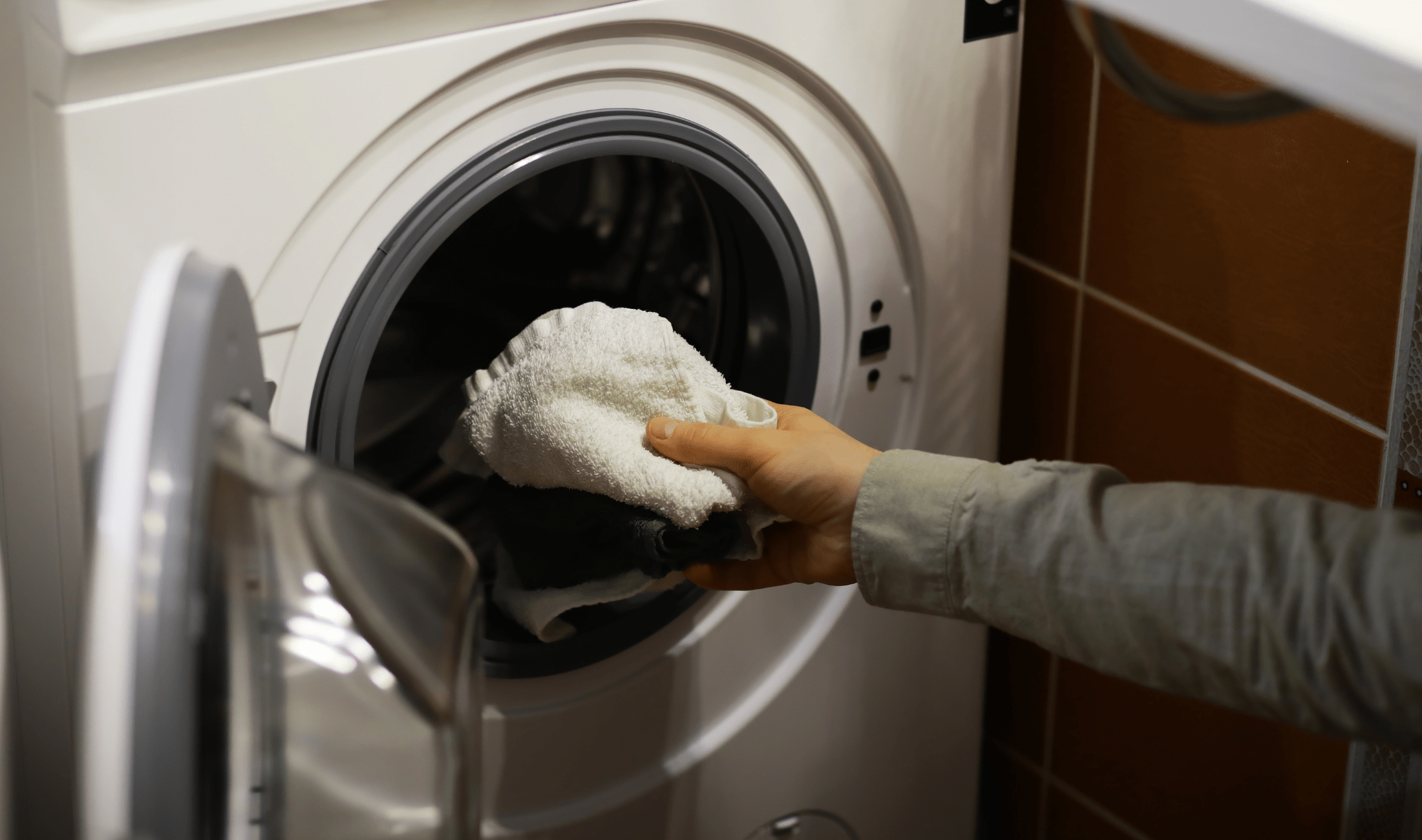
Maintenance Takes More Effort
Unlike top-loaders, front-load machines tend to require more care and cleaning. The detergent drawer, gasket, and drum need frequent attention to prevent buildup and blockages. While not difficult, the added upkeep can become a hassle if you’re used to a simpler laundry routine. Skipping this kind of maintenance can shorten the life of the machine or lead to costly repairs down the line.
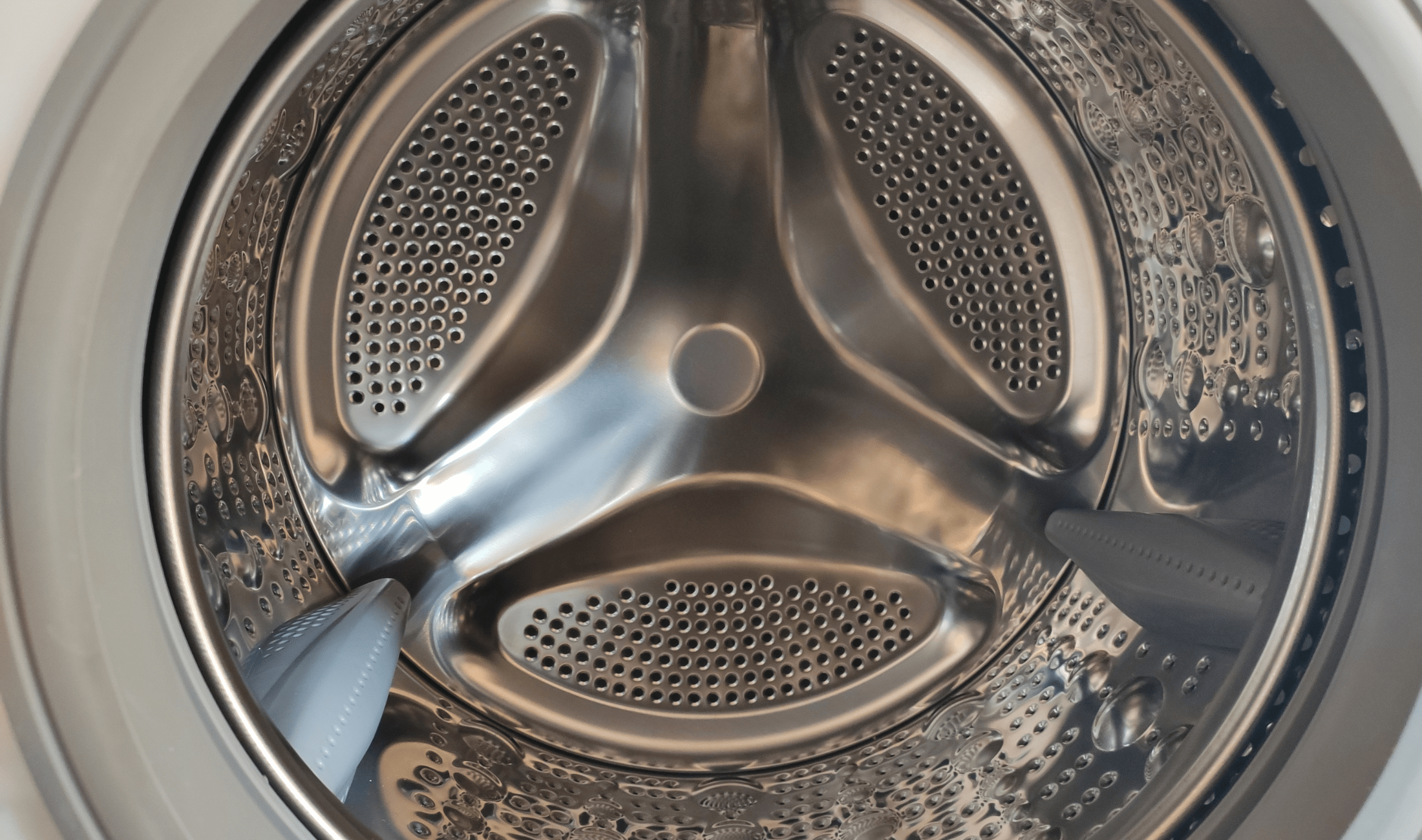
Repairs Can Be Expensive
When a front-loader breaks, repairs are often more complex and more expensive than those for top-loaders. The parts are sometimes harder to access, and the electronic systems can be delicate. If your machine is out of warranty, fixing even a small issue may cost a lot.
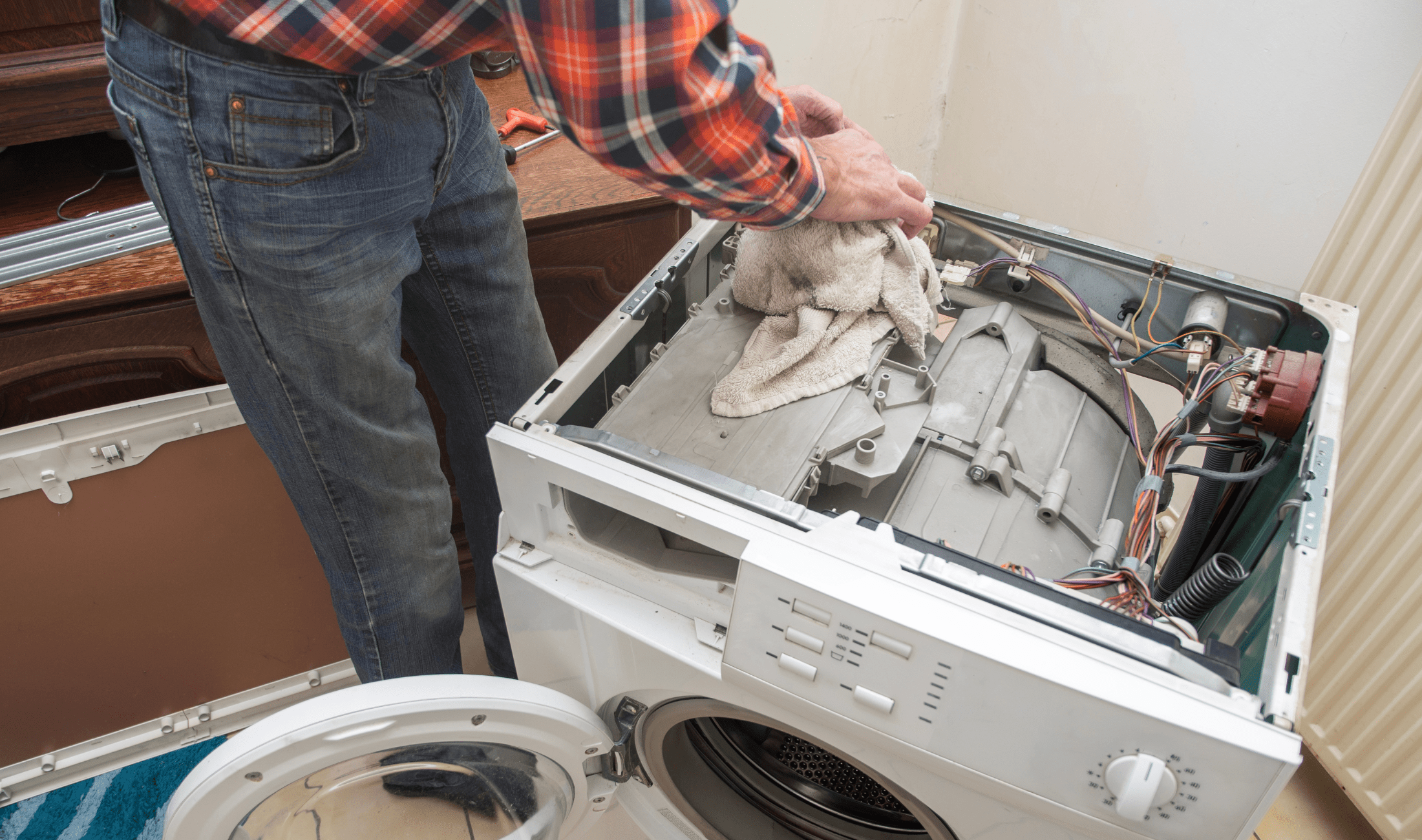
Loading and Unloading Isn’t Always Comfortable
The design of front-loaders means you need to bend down to use them. This can be uncomfortable, especially for anyone with back or joint problems. Some models sit on storage pedestals to bring them higher, but these come at an extra cost. For many people, this ergonomic issue becomes more noticeable with age or during times of limited mobility.
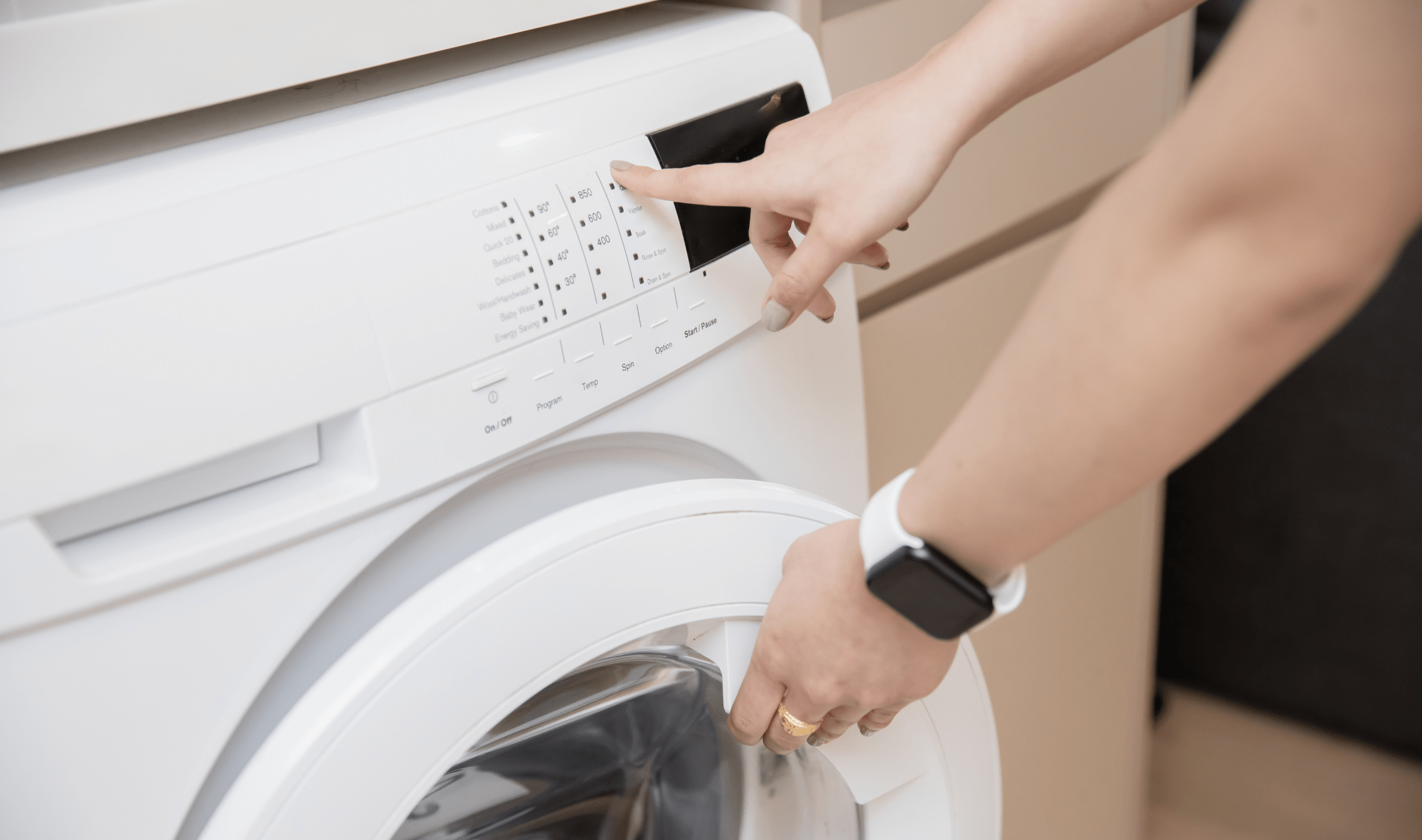
They Can Be Fussy With Detergent
Front-loading machines usually require high-efficiency (HE) detergent to work properly. Using the wrong kind can cause too many suds and affect how well the machine drains. Even with the right detergent, measuring it out carefully is important. Too much can lead to residue buildup or poor rinsing. It’s a lot of hassle and needed detail that most people could do without.
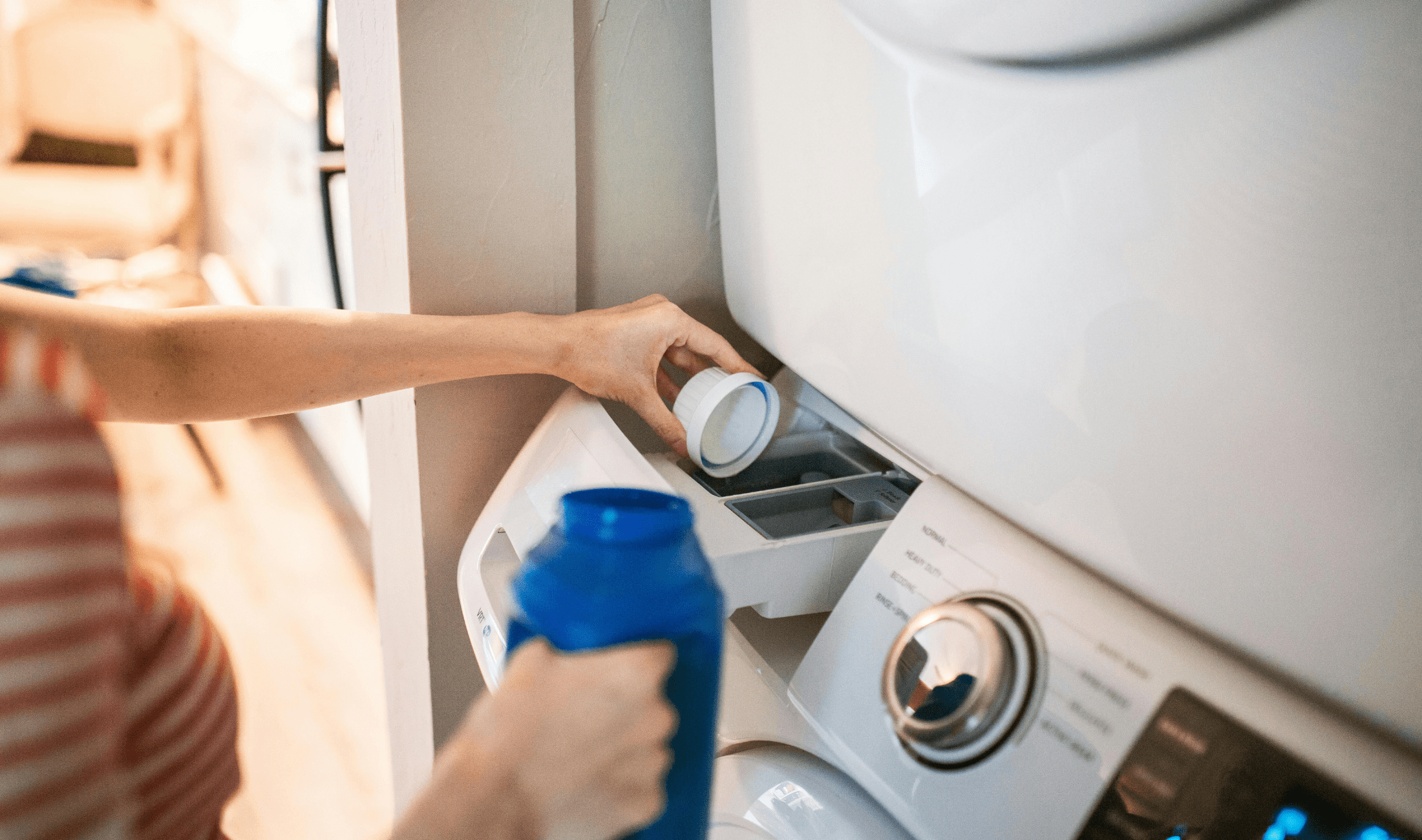
Cycles Tend to Take Longer
Front-load washers are gentle and efficient, but they often run longer cycles than traditional top-load machines. That means doing laundry may take more time, even if the results are good. For busy households or anyone needing to run multiple loads in a day, this slower wash time can be frustrating. Quick-wash options are available, but they don’t always perform as well.
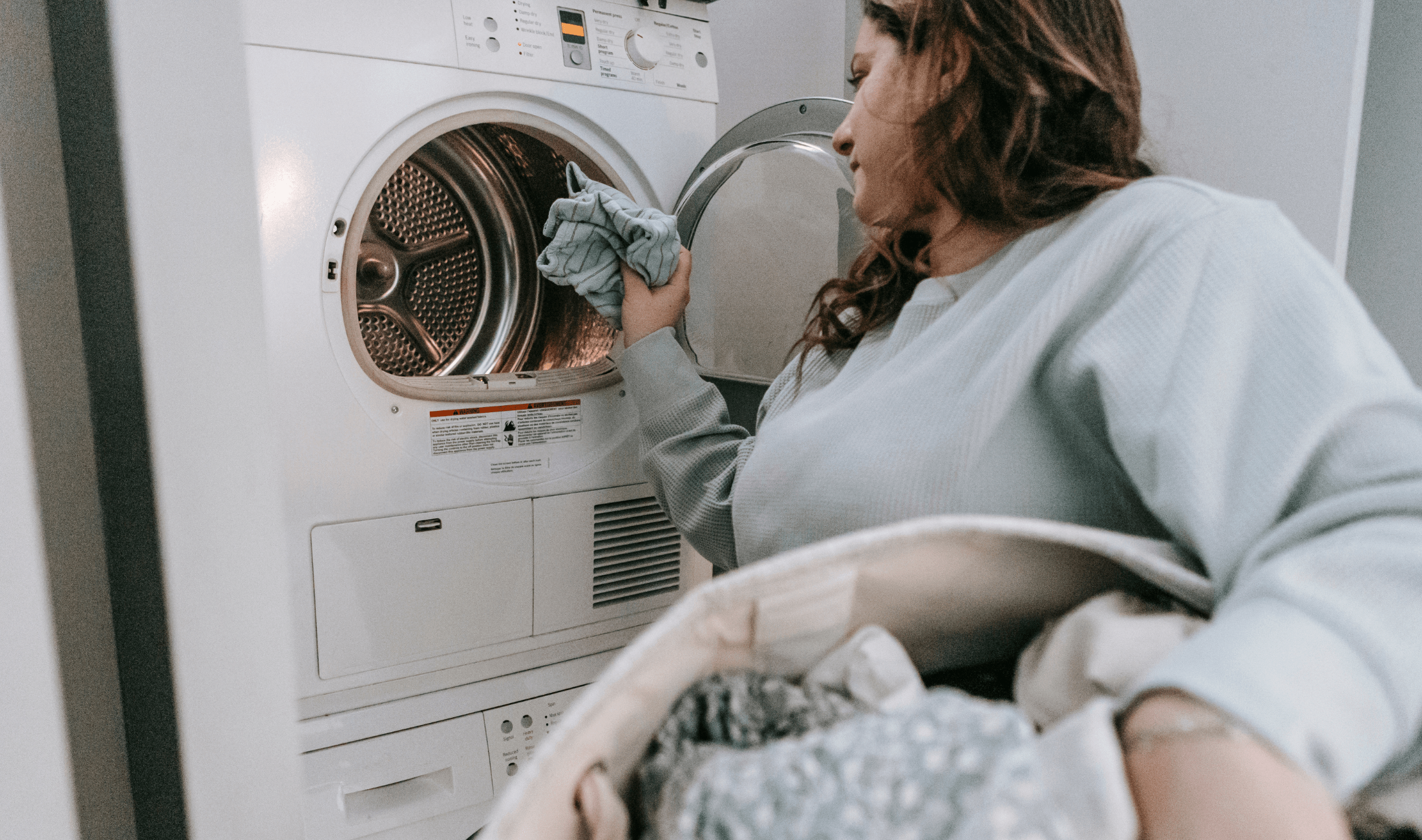
Related Articles
Front-loading washers come with plenty of benefits, but they also bring extra work, cost, and potential frustration. It’s important to think about how much maintenance you’re willing to take on and whether the design fits your home and lifestyle. Taking time to weigh the pros and cons carefully can help you avoid regrets and choose the machine that works best for you in the long run.









